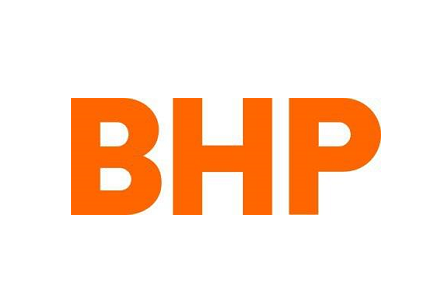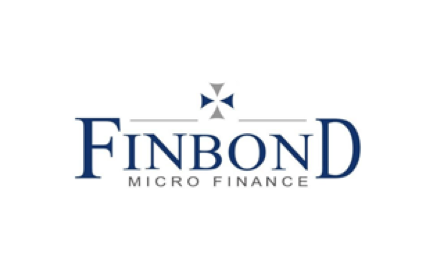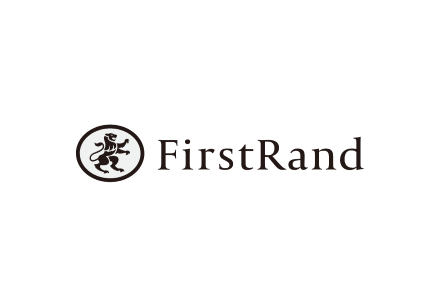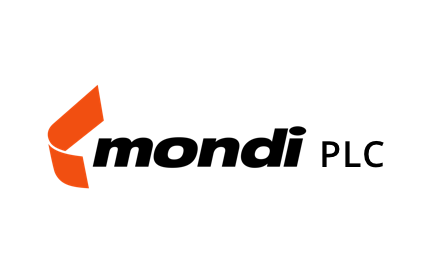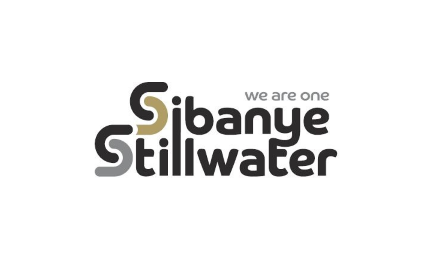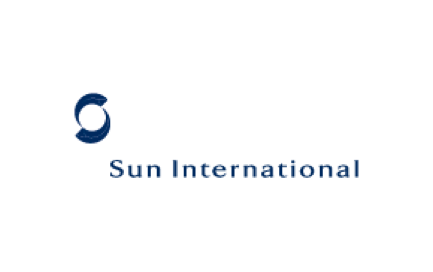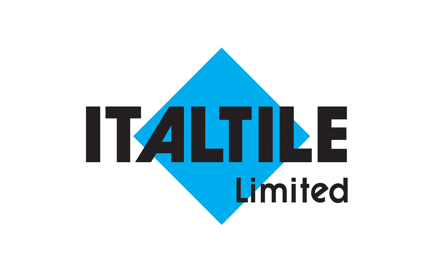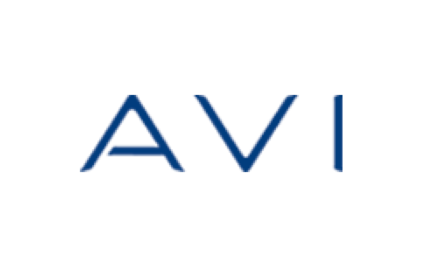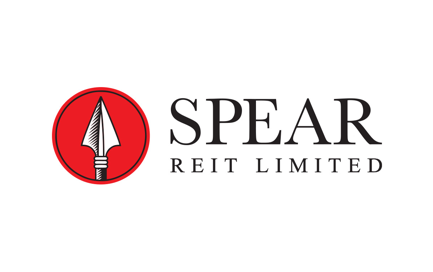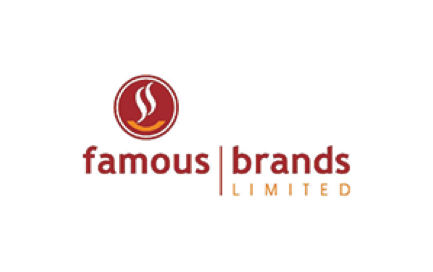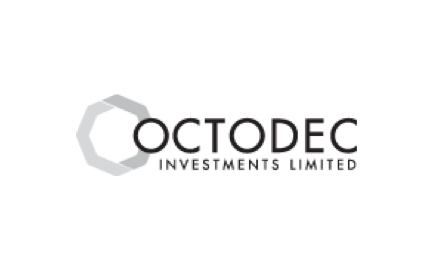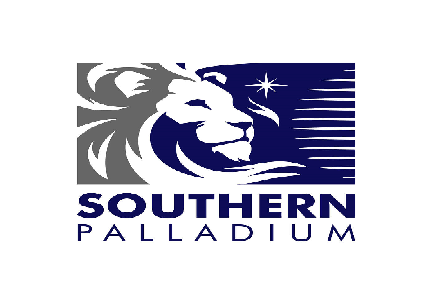BHP finalises the Samarco settlement (JSE: BHG)
Almost a decade after the disaster, agreement has been reached
BHP and Vale (the co-shareholders in Samarco) and Brazilian regulators have locked in a framework agreement that remains subject to approval by the Brazilian Supreme Court. Unless something goes badly wrong in that process, everyone now has certainty over what will happen.
The total settlement is worth $31.7 billion, of which $7.9 billion has already been spent on remediation and compensation since 2016. $18 billion will be payable over 20 years in the form of instalments and a further $5.8 billion is attributed to the estimated financial value of various activities that Samarco has an obligation to perform.
Remember, BHP is paying up for half of this settlement. Based on the extent of payments to-date and the time value of money, the existing provision of $6.5 billion is sufficient for this agreement.
BHP always reminds the market that this settlement doesn’t resolve legal action elsewhere, specifically in Australia, the UK and the Netherlands.
Dis-Chem gives a masterclass in margins (JSE: DCP)
This is what you want an income statement to look like
The shape of an income statement tells you so much about a company. Ideally, you want to see margins heading in the right direction, something that is by no means guaranteed even when revenue growth is strong. No such issue at Dis-Chem thankfully, where revenue increased 9.6% (an impressive number even viewed in isolation) and operating profit was up 17.5%.
The expansion in margin was thanks to savings in payroll costs after the group implemented a different staffing framework in the stores. The beauty of retail is that if you can figure out a way to do something better, you can then roll it out across all the stores. Like-for-like retail employee costs increased by only 0.7%!
Going back to revenue growth for a moment, retail revenue was up 7.1% and comparable store growth was 4.8%. Wholesale revenue was up 10.1%, with the acceleration vs. retail revenue driven by sales to independent pharmacies up 30.3% and The Local Choice franchises up 21.8%.
Thanks to better gross margins, total income was up 10.4% and expenses were up 9%, leading to the operating margin expansion. If you’re wondering how expenses grew by 9% when staff costs were so flat, the answer lies in the investment in new stores.
Speaking of investment, net finance costs increased by 19.2%, mainly due to the loan facility to fund the Longmeadow warehouse property. Capital expenditure in this period was R330 million, of which R194 million was expansionary expenditure.
With the dividend up 16.1% and so much investment in the core business, this remains one of the most lucrative retail models in South Africa. Things have slowed down in recent weeks though, with sales between 1 September and 22 October only up by 5.6% vs. the comparable period. This might be why the share price took a breather on the day, down 3.7% and taking the year-to-date increase to 17.3%.
Finbond’s cautionary announcement fizzles out (JSE: FGL)
Whatever the potential deal was, it’s not happening right now
Cautionary announcements are exactly that: a cautionary tale for shareholders in which something may or may not happen that could significantly impact the share price. I see it far too often on the market that punters assume that a cautionary announcement will lead to a deal. In reality, many such announcements end up being a non-event.
This is the case at Finbond, where the cautionary has now been withdrawn. They were in discussions with shareholders regarding a potential corporate action, which I’m speculating was a possible offer and take-private of the group. For whatever reason, there’s no deal on the table right now.
A bloody nose in court for FirstRand (JSE: FSR)
This could have serious implications for the motor finance industry
FirstRand is exposed to a review by the UK’s Financial Conduct Authority of the use of discretionary commission arrangements and sales by lenders in the UK motor finance market. The debate here is on whether the commission payments to dealers by financiers meet all requirements and are fair to customers.
As legal reviews are uncertain in nature and can lead to substantial penalties if they go against the company, FirstRand raised a provision of R3 billion for the year ended June 2024.
There’s been a significant development in legal proceedings related to claims brought by claimant law firms. Earlier rulings in lower courts went the way of FirstRand, but it’s all gone wrong in the UK Court of Appeal where a judge found that commission disclosures were inadequate. Even worse, the judge has found that motor dealers have a fiduciary duty of loyalty to customers, which is far more onerous than just treating customers fairly.
Given the potential impact of this ruling on the entire consumer finance sector in the UK, FirstRand is seeking permission to appeal to the UK Supreme Court.
Logically, I can’t see how a fiduciary duty can be imposed on motor dealers. It would turn the industry on its head and probably lead to far greater profit margins needing to be made by dealers to make up for it, so used cars become less affordable for consumers as a result. Stranger things have happened, so this court ruling must’ve created some nervous faces in many boardrooms.
A fire at Mondi’s Stambolijski paper mill has led to permanent closure (JSE: MNP)
Mondi has been consolidating its European operations anyway
In late September, a fire broke out at Mondi’s Stambolijski mill in Bulgaria. It caused such extensive damage that Mondi doesn’t see a business case for repairing the mill, as the prospects for the business just don’t justify the spend.
This affects around 300 employees, so I’m sure it’s not a decision that was taken lightly. Mondi will incur net closure costs of €100 million, so it gives you an idea of how weak the future looks for the mill when you consider that closure is the better route.
A positive tax development for Sibanye-Stillwater (JSE: SSW)
After so much bad luck, here’s something positive
Sibanye sounds thrilled about the changes to Section 45X of the Inflation Reduction Act in the US, with the hope being that they will have a significant positive impact on the group’s platinum operations in Montana.
The legislation was introduced back in 2022, but the wording of the 10% Advance Manufacturing Production credit excluded extraction costs of critical minerals and thus had very little positive impact on Sibanye’s business. After much lobbying, this has now been amended and the extraction costs will be eligible for the credit.
Sibanye doesn’t give an indication of the quantum of the benefit at this stage.
A blow to Sun International’s acquisition ambitions (JSE: SUI)
The Competition Commission doesn’t like the Peermont deal
Sun International is hoping to acquire Peermont in a deal that would bring the flagship Emperors Palace asset into its stable. The market always knew that it would be a tricky one for competition authorities, expecting an approval with disposal conditions rather than a clean approval.
It’s not even as good as that unfortunately, with the Competition Commission recommending to the Competition Tribunal that the deal be prohibited in its entirety.
Sun International and Peermont will receive copies of the recommendation and the Tribunal will use it in its preliminary deliberations. This is where the competition lawyers will earn their fees one way or another. Although it’s not impossible that the Tribunal goes ahead and approves the deal despite the recommendation by the Competition Commission, the risk of this deal failing has now gone through the roof.
The Foschini Group is clearly feeling confident right now (JSE: TFG)
They have announced the acquisition of another UK retailer
The oddly-named retailer “White Stuff” is being acquired by The Foschini Group’s UK subsidiary, TFG London. They are buying the entire thing in one shot, giving them ownership of a clothing and accessories retailer with 113 stores and 46 concessions in the UK, along with 6 stores and 25 concessions in Europe. Online sales are a major part of the story, contributing 43% of total sales.
In the year ended April 2024, the business achieved revenue of £154.8m and EBITDA of £8.6m. That’s only an EBITDA margin of 5.6%, which doesn’t sound terribly impressive to me. Perhaps they are looking at synergies with the existing UK business, although the announcement doesn’t go into any detail on this.
As the deal is too small to trigger a detailed announcement, we also don’t know what TFG is paying for this retailer. Hopefully, they’ve learnt from the many mistakes made by local retailers on the international stage and paid a reasonable price with deferred payment structures.
Nibbles:
- Director dealings:
- The ex-CEO of Italtile (JSE: ITE) sold shares worth R4.2 million.
- A director of CMH (JSE: CMH) has once again sold shares in the company, this time to the value of R416k.
- A director of a subsidiary of AVI (JSE: AVI) received share awards and sold the whole lot worth R324k.
- The CFO of Spear REIT (JSE: SEA) bought shares worth R150k.
- The company secretary of Famous Brands (JSE: FBR) sold shares worth R50.4k.
- In a clear sign of succession planning, Octodec (JSE: OCT) announced that Riaan Erasmus will be joining as not just the CFO, but also as the deputy CEO of the property group. One of his responsibilities will be assessing the possible internalisation of the management company.
- Southern Palladium (JSE: SDL) has released its quarterly activities report for the three months ended 30 September 2024. The focus in this quarter has been to make progress on the Pre-Feasibility Study, scheduled for release in the 4th quarter. The group is on track for a big end to the year!



